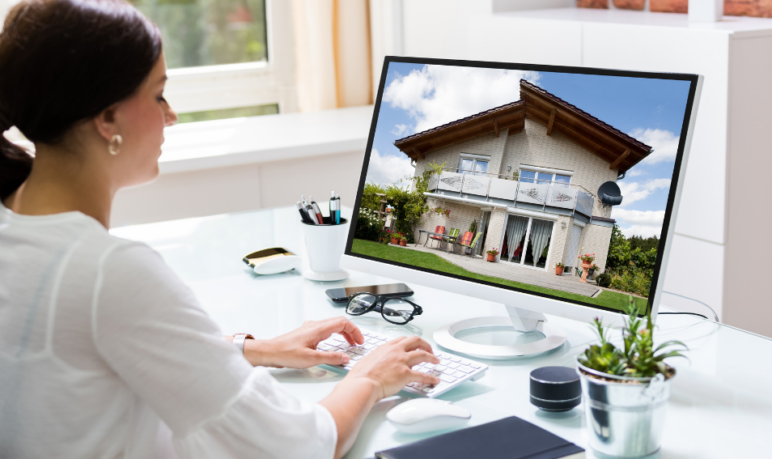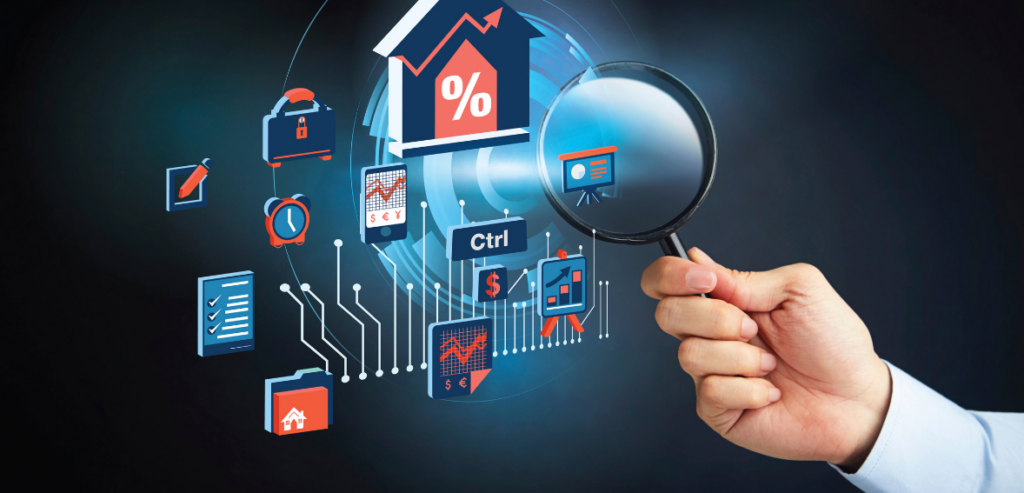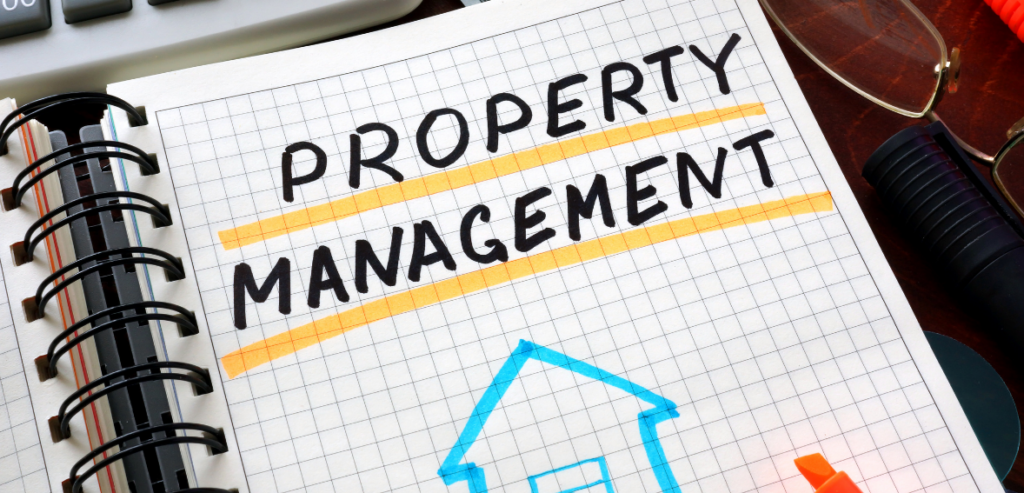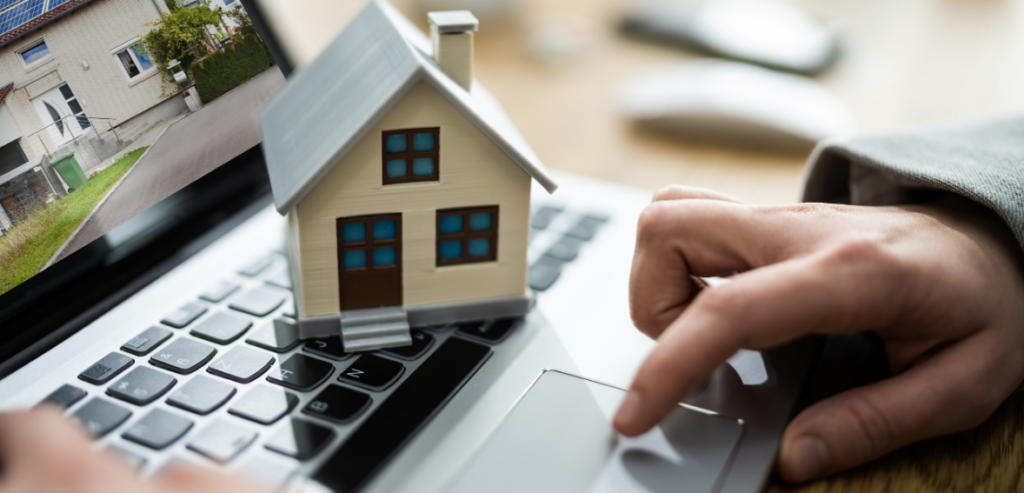
by Inez Kim July 9, 2024
Managing different properties can be a daunting task, especially when dealing with multiple commercial properties. Here is where property management software are brought into play. Property management software is designed to streamline the management process, enhance communication with renters, and track maintenance tasks effectively. This ultimate guide will explore the essential features and benefits of property management software to help you understand how it can transform your property management experience.
Streamlining the Management Process:
Property management software provides a centralized platform that allows property managers to oversee all their properties from a single interface. Whether you are managing residential, commercial, or mixed-use properties, the software consolidates information such as tenant details, lease agreements, and financial records into one accessible location. This eliminates the need for manual record-keeping and reduces the risk of errors, making the management process more efficient and organized.
Enhancing Communication with Renters:
Effective communication is crucial in property management. Property management software offers various communication tools that facilitate better interactions between property managers and tenants. Features such as automated email templates, messaging systems, and notification alerts ensure that important information is conveyed promptly. For instance, property managers can send rent reminders, maintenance updates, and lease renewal notices directly to tenants through the software. This level of communication not only keeps tenants informed but also fosters positive relationships and enhances tenant satisfaction.
Tracking Maintenance Tasks Effectively:
Maintenance is a significant aspect of property management that requires diligent tracking and timely resolution. Property management software simplifies maintenance management by providing a systematic approach to handling maintenance requests. Tenants can put forward the maintenance updates online, and property managers can give tasks to maintenance staff, set priorities, and track progress through the software. This streamlined process ensures that maintenance issues are addressed promptly, minimizing downtime and maintaining the property’s condition. Additionally, the software can generate maintenance reports, helping property managers identify recurring issues and plan preventive maintenance strategies.
Financial Management:
Taking care of the monetary aspects of multiple properties can be complex. Property management software includes financial management tools that automate tasks such as rent collection, expense tracking, and financial reporting. It allows property managers to generate invoices, track payments, and monitor cash flow efficiently. Detailed financial reports provide insights into the property’s financial health, helping managers make informed decisions and optimize profitability.
Marketing and Vacancy Management:
Filling vacancies quickly is essential for maintaining profitability. Property management software includes marketing tools that help advertise vacant units, manage inquiries, and schedule property showings. By streamlining the marketing process, the software reduces the time it takes to find new tenants and minimizes vacancy periods.
In conclusion, property management software is an indispensable tool for property managers dealing with multiple properties, especially commercial ones. By streamlining management processes, enhancing communication with renters, effectively tracking maintenance tasks, managing financials, and aiding in marketing efforts, this software transforms the property management experience, making it more efficient, organized, and profitable.
What is Property Management Software?
Property management software is a digital tool that assists property managers and landlords in managing their properties more efficiently. It offers a range of functionalities that simplify tasks such as tenant management, lease tracking, maintenance scheduling, and financial reporting. By automating these processes, property management software saves time and reduces the likelihood of errors.
Key Features of Property Management Software
1. Tenant and Lease Tracking
Managing different properties involves keeping track of numerous tenants and their leases. Property management software provides a centralized database where you can store tenant information, lease agreements, and payment histories. This feature allows you to easily access and manage tenant details, track lease renewals, and send reminders for upcoming lease expirations.
2. Communication with Renters
Effective communication with renters is crucial for maintaining positive relationships and addressing their needs promptly. Property management software often includes communication tools such as email templates, messaging systems, and automated notifications. These features enable you to send important updates, rent reminders, and maintenance notices to tenants seamlessly.
3. Maintenance Tracking
Maintenance issues can arise unexpectedly, and keeping track of maintenance requests can be challenging. Property management software simplifies this process by providing a maintenance tracking system. Tenants can submit maintenance requests online, and property managers can assign tasks to maintenance staff, track progress, and ensure timely resolution of issues. This feature helps maintain the property’s condition and keeps tenants satisfied.
4. Financial Management
Looking into the financial elements of multiple properties can be complex. Property management software includes financial management tools that automate rent collection, generate invoices, and track expenses. It also provides detailed financial reports, helping you monitor cash flow, analyze profitability, and make informed decisions about your properties.
5. Online Rent Payments
Property management software often integrates online payment systems, allowing tenants to pay their rent electronically. This feature not only provides convenience for tenants but also ensures timely rent collection for property managers. Online rent payments reduce the risk of late payments and improve overall financial management.
6. Document Management
Keeping track of important documents such as lease agreements, contracts, and inspection reports is essential for property management. Property management software offers document management capabilities, allowing you to store, organize, and retrieve documents easily. This feature ensures that all necessary documents are readily accessible and securely stored.
7. Vacancy and Marketing Management
Filling vacancies quickly is crucial for maintaining a property’s profitability. Property management software includes vacancy and marketing management tools that help you advertise vacant units, manage inquiries, and schedule property showings. These tools streamline the marketing process and reduce the time it takes to find new tenants.
8. Reporting and Analytics
Data-driven decision-making is vital for successful property management. Property management software provides reporting and analytics features that offer insights into various aspects of your properties. You can generate reports on occupancy rates, rent collection, maintenance costs, and more. These insights help you identify trends, optimize operations, and improve overall property performance.
9. Mobile Accessibility
In today’s fast-paced world, having mobile access to property management tools is essential. Many property management software solutions offer mobile apps that allow property managers to access information, communicate with tenants, and manage tasks on the go. Mobile accessibility ensures that you can stay connected and responsive, even when you are away from your desk.
10. Integration with Other Systems
Property management software often integrates with other systems and tools you may already use, such as accounting software, customer relationship management (CRM) systems, and payment gateways. Integration streamlines workflows, eliminates duplicate data entry, and enhances overall efficiency by creating a seamless ecosystem for property management.
Benefits of Using Property Management Software
1. Increased Efficiency
By automating routine tasks and centralizing information, property management software significantly increases efficiency. Property managers can focus on strategic activities, such as improving tenant satisfaction and optimizing property performance, rather than spending time on manual administrative tasks.
2. Enhanced Communication
Effective communication is key to successful property management. Property management software provides tools that facilitate clear and timely communication with tenants, reducing misunderstandings and improving tenant satisfaction. Automated notifications and messaging systems ensure that important information is conveyed promptly.
3. Improved Financial Management
Accurate financial management is crucial for property managers. Property management software automates rent collection, tracks expenses, and generates financial reports, providing a clear overview of the property’s financial health. This accuracy helps property managers make informed decisions and improve profitability.
4. Better Tenant Experience
A positive tenant experience leads to higher tenant retention rates. Property management software enhances the tenant experience by providing convenient online payment options, responsive maintenance request handling, and clear communication. Satisfied tenants are more likely to renew their leases and recommend the property to others.
5. Streamlined Maintenance Processes
Efficient maintenance management is essential for maintaining the property’s condition and tenant satisfaction. Property management software streamlines maintenance processes by allowing tenants to submit requests online, assigning tasks to maintenance staff, and tracking progress. This ensures that maintenance issues are resolved promptly and efficiently.
6. Data-Driven Insights
Access to detailed reports and analytics allows property managers to make data-driven decisions. Property management software provides insights into occupancy rates, rent collection trends, maintenance costs, and other key metrics. These insights help property managers identify areas for improvement, optimize operations, and enhance property performance.
7. Time and Cost Savings
By automating tasks and improving efficiency, property management software saves time and reduces operational costs. Property managers can allocate their time and resources more effectively, resulting in cost savings and improved overall productivity.
Choosing the Right Property Management Software
1. Assess Your Needs
Before selecting property management software, assess your specific needs and requirements. Consider factors such as the size of your property portfolio, the number of tenants, and the features that are most important to you. Having a clear insight of your needs will help you choose a software solution that aligns with your goals.
2. Compare Features
Different property management software solutions offer various features. Compare the features of different software options to ensure they meet your needs. Look for features such as tenant and lease tracking, communication tools, maintenance tracking, financial management, and reporting capabilities.
3. Read Reviews and Testimonials
Reading reviews and testimonials from other property managers can provide valuable insights into the pros and cons of different software solutions. Look for feedback on ease of use, customer support, and overall satisfaction to help you make an informed decision.
4. Request Demos and Trials
Many property management software providers offer demos or trial periods. Take advantage of these opportunities to test the software and see how it fits with your property management processes. This hands-on experience will help you determine if the software is user-friendly and meets your needs.
5. Consider Integration Capabilities
If you use other systems or tools in your property management operations, consider the integration capabilities of the software. Ensure that the property management software can integrate with your existing systems to streamline workflows and enhance efficiency.
Conclusion
Property management software is a powerful tool designed to simplify the management of multiple properties, enhance communication with renters, and improve overall efficiency. This software consolidates various aspects of property management into one centralized platform, making it easier for property managers to handle day-to-day tasks and long-term planning.
One of the key advantages of property management software is its ability to streamline operations. By automating routine tasks such as rent collection, lease tracking, and maintenance scheduling, the software frees up valuable time for property managers to focus on more strategic activities. This automation reduces the risk of errors and ensures that all processes are handled in a timely and efficient manner.
Effective communication with renters is another critical benefit of property management software. The software provides tools such as automated email templates, messaging systems, and notification alerts, which facilitate clear and prompt communication between property managers and tenants. These features help in sending rent reminders, maintenance updates, and lease renewal notices, thereby improving tenant satisfaction and fostering positive relationships.
Maintenance management is also greatly enhanced with property management software. Tenants can easily submit maintenance requests online, and property managers can assign tasks, set priorities, and track progress through the software. This streamlined process ensures that maintenance issues are addressed promptly, maintaining the property’s condition and minimizing tenant inconvenience.
FAQs
1. What is property management software?
Property management software is a digital tool that helps property managers and landlords manage their properties more efficiently. It offers features such as tenant and lease tracking, communication tools, maintenance tracking, financial management, and reporting capabilities.
2. How does property management software improve communication with renters?
Property management software includes communication tools such as email templates, messaging systems, and automated notifications. These features enable property managers to send important updates, rent reminders, and maintenance notices to tenants seamlessly, improving overall communication.
3. Can property management software handle online rent payments?
Yes, many property management software solutions integrate online payment systems, allowing tenants to pay their rent electronically. This feature ensures timely rent collection and provides convenience for tenants.
4. How do I choose the right property management software for my needs?
To choose the right property management software, assess your specific needs, compare features, read reviews and testimonials, request demos and trials, and consider integration capabilities with your existing systems. This will help you select a software solution that aligns with your goals and requirements.


